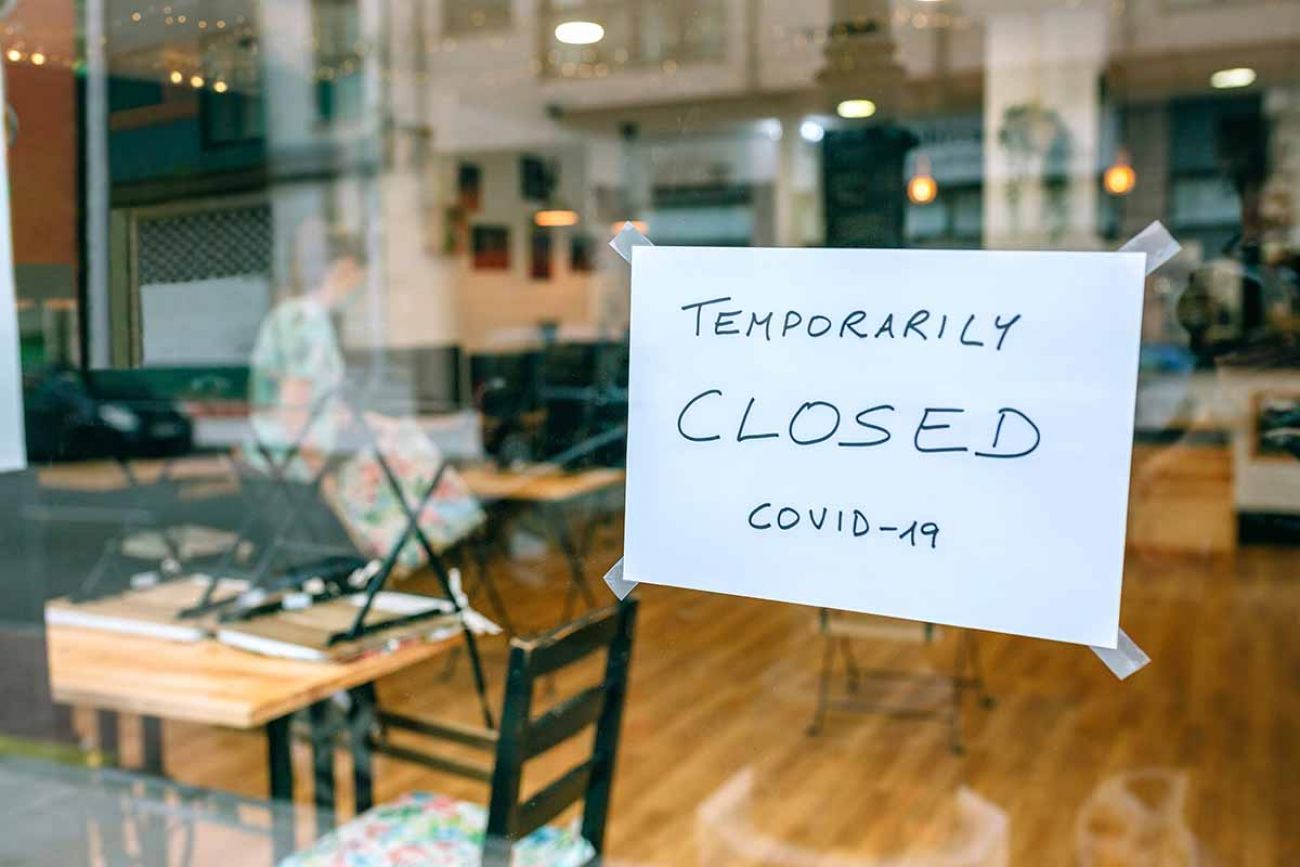Michigan businesses fear crippling staff shortages as omicron spreads

Clay Verkaik came into work Monday morning knowing that 10 of his workers at Preferred Produce in Detroit would be out sick, just like they were at the end of last week.
But as the hours ticked by, more called in ill.
By the time he left work at 4 p.m. Varkaik had navigated a day where absenteeism at the company, which delivers produce to restaurants, reached 17, or 28 percent of staff. Routes across metro Detroit and into Ann Arbor were rescheduled. Some workers had to log extra hours. And Varkaik had no idea how many more people would call in sick by Tuesday.
Related:
- Fewer masks, more illness, mass confusion as Michigan schools face omicron
- ‘It’s not letting up’: Omicron fuels surge of Michigan hospitalizations
- COVID by the numbers in 2021: More deadly than first year in Michigan
- Feds authorize ‘game-changer’ anti-COVID pill as omicron hits Michigan
“We're getting hit,” said Varkaik, the company’s general manager, describing the range of illnesses — including the flu and at least seven workers who just tested positive for COVID-19.
Michigan’s coronavirus cases reached record-setting levels over the year-end holiday weeks, with the highly contagious omicron variant sending state and national case numbers soaring.
Preferred Produce is among businesses across Michigan wondering how long — and how severely — their already struggling operations will be affected.
Some might get by with asking staff to work double shifts over the next couple weeks, as omicron cases are expected to crest, said Brian Calley, president of the Small Business Association of Michigan.
“It will hurt, but I'm not worried about a devastating impact,” Calley said.
Beyond that, he said, prolonged high absenteeism rates will threaten economic recovery.
“If it ends up being six weeks, then I think that's where you really do see a lot of problems start to creep in,” Calley said. “That really threatens the business' long term ability to survive.”
Staff shortages were rampant in Michigan before this latest COVID variant, affecting public safety, health care systems, long-term care facilities and colleges.
While early research suggests that people who test positive for the omicron variant are less likely to become seriously ill, Calley noted that exposure to the virus is “becoming very, very common.” And that increases the likelihood that workers across industries will stay home, because unvaccinated people are asked to quarantine, too, when they’ve been exposed to someone with a positive test. Which is why U.S. retailers, schools, airlines, hospitals and other businesses are being crippled by staff shortages, forcing some to shut down.
Each diagnosed case should result in at least five days of quarantine, according to new guidelines from the U.S. Centers for Disease Control and Prevention, adding to the lost productivity.
Many of the cases are thought to stem from social gatherings over the holidays, adding to questions about what’s next for employers.
“Running a business with that type of uncertainty is very, very difficult,” Calley said.
At the Busch’s Fresh Food Market in Brighton, holiday sales were about three times the usual, a level Todd Robinson, director of marketing for the 16-store chain, described as overwhelming.
But staffing was about 20 percent below where it should have been, due to the pandemic drop in Michigan’s labor force participation. So on both Christmas and New Year’s Eve, Robinson joined other executives in the store unloading trucks and stocking freezers.
With staff levels thin, the pressure increases on store employees across the state, Robinson said, with many still displaying hiring signs. Restaurants, meanwhile, are operating with limited hours.
So far, the variant hasn’t caused high absenteeism, Robinson said. But, he added, he knows that can change.
“We're definitely concerned,” he said, saying that just a few people in quarantine would add to the strain. “We're pretty sure that we'll see an impact.”
Some groceries have closed meat and seafood departments and full-service delis, or reduced hours or cashier lines. That could be an option at Busch’s if the variant causes staffing disruptions.
At Preferred Produce, some restaurant customers are canceling orders at the last minute. Verkaik said one restaurant client told him that of five workers, four had COVID-19.
Other restaurant customers are stretching out vacation periods, planning to be closed for weeks over the holidays instead of days.
Every closure causes a ripple effect across the delivery business. Sales drop, and the existing routes need to be readjusted. Revenue is affected.
“We're just trying to weather the storm without crashing,” Verkaik said.
Business Watch
Covering the intersection of business and policy, and informing Michigan employers and workers on the long road back from coronavirus.
- About Business Watch
- Subscribe
- Share tips and questions with Bridge Business Editor Paula Gardner
Thanks to our Business Watch sponsors.
Support Bridge's nonprofit civic journalism. Donate today.
See what new members are saying about why they donated to Bridge Michigan:
- “In order for this information to be accurate and unbiased it must be underwritten by its readers, not by special interests.” - Larry S.
- “Not many other media sources report on the topics Bridge does.” - Susan B.
- “Your journalism is outstanding and rare these days.” - Mark S.
If you want to ensure the future of nonpartisan, nonprofit Michigan journalism, please become a member today. You, too, will be asked why you donated and maybe we'll feature your quote next time!




